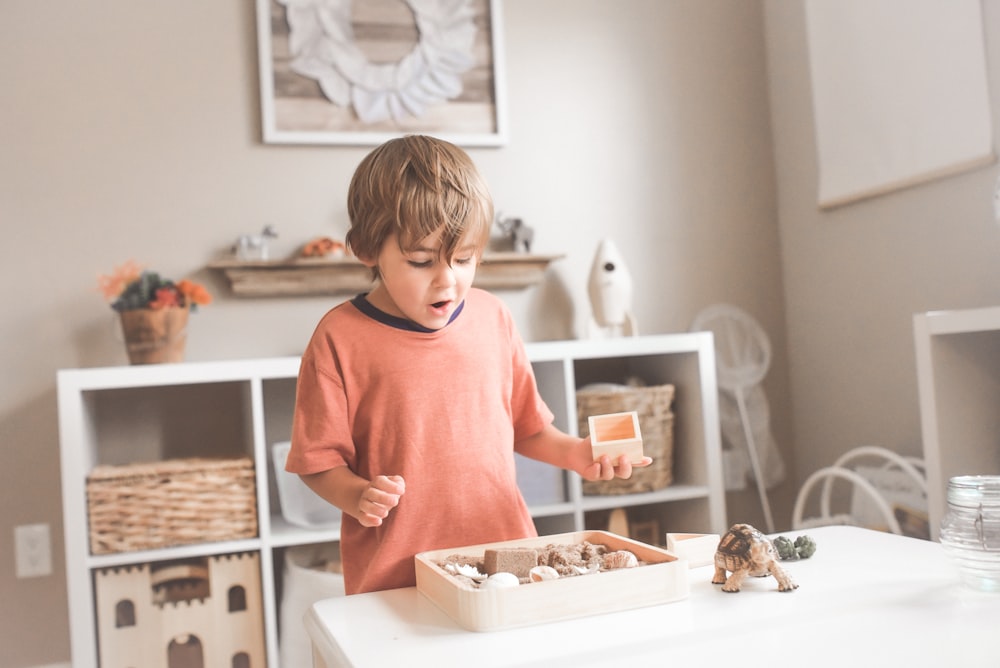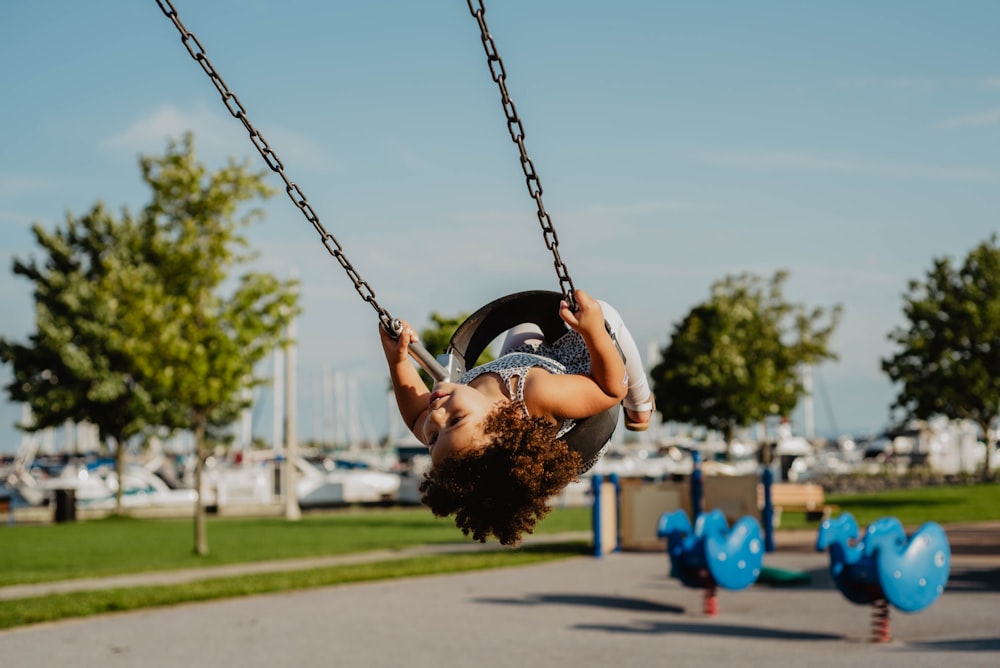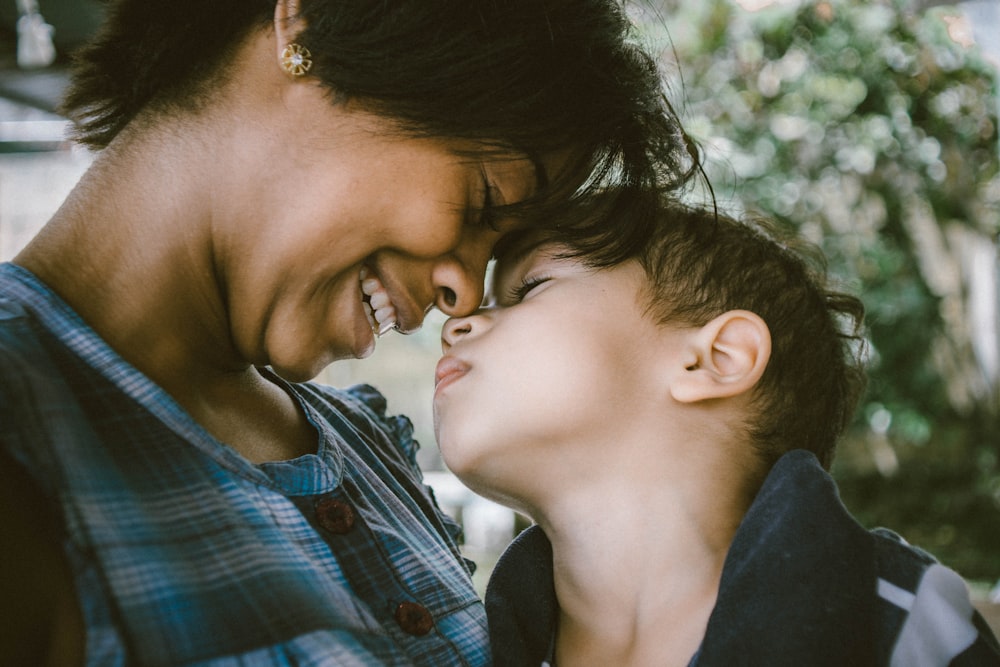Building up a child's self esteem isn't an overnight project, It's not even as short a time as it takes to potty train - and that feels like it takes a looooong time. But a child's self esteem is more about giving them the tools to take the wheel with their own self-esteem - you're just there to help along the way.
You actions, how you treat yourself and how you communicate with your child are the major players in how you build up your child's confidence and independence in themselves. Check out our pillars of esteem-building so you can set your child on the right path to become an independent and confident young person!
Let them make their own decisions
Choice – and feeling the consequences of this choice - is a major step towards independence. When they have the power to choose for themselves, children feel that their preferences and wants matter, something that all of us value. Making their own decisions teaches them to think through their options and eventually to trust themselves and their thought process.
If we grew up with someone making all our choices for us – whether that’s what ice-cream flavour we want or what toy we choose to play with – then the bigger decisions later down the line will be harder to make. By making choices, they get to know not only themselves but the world around them, leading to them becoming that bit more independent and secure in themselves and their choices.
Let them take risks
Within reason. It’s too easy to jump up from the park bench when we feel they’re swinging too high, or worry that they’ll break a leg running around the yard like that, but there is only so much you can protect them from. We never want our children to be hurt if we can prevent it at all of course and if they’re doing something obviously dangerous like walking too close to the edge of the road or messing around in a dangerous way, then it’s our duty as parents to remind them to be careful.
But if they’re hearing ‘be careful’ constantly, that’s a different story. Hovering over their every step – and misstep – can make a child distrust their own instincts, make them afraid of the world around them. It’s a tricky line to walk, between protecting them and letting them spread their wings, but it’s essential that children learn that not only do some risks not work out, but that other’s pay off. Allow them to discover the world their way – but keep an eye on them all the same!
Lead by example
Our children are eagle-eyed and of freakish levels of hearing, as many of us can attest to. Just when we think they haven’t heard a word we said all day, they pipe up with a parroting perfect vox pop of our own voices. It can be scary – bit sometimes a relief – to know that they are in fact listening and watching everything.
So it’s important that they pick up the good things. How you talk to yourself and how you treat your own mistakes will be reflected in your children. Your habits rub off on them, so when you mess up – as we all do – take a breath and remind yourself to be gentle on yourself. If you wouldn’t want your children talking to themselves that way, why would you talk to yourself that way? Practice self-kindness, speaking to your strengths and acknowledging your weaknesses with empathy. It will feel amazing to have it reflected back at you.
Show them mistakes can be lessons

Again, mistakes are a big part of building up self-esteem. Mistakes are unavoidable, no matter how perfect we try to be and as children, they need to make mistakes in order to learn – it’s all part of the process.
Mistakes aren’t an opportunity to beat ourselves up and regret the action itself. They’re a chance to look back on the issue, see how they could approach it differently next time and work through it together. Encourage your children to talk about their mistakes, and as a family, open up about mistakes you make – and what you learned because of them. It’s all about re-framing the narrative from blame to lesson-learning.
Teach them how to be proud of themselves

It’s great when people around us are proud of us and are achievements – but it’s even more important to show them how to be proud of themselves. Of course, we all want our parent’s approval and recognition for our hard work or creativity or achievements, but constantly seeking outside validation for our emotional fulfilment may not be the best path to lead them down.
This isn’t to say that you should hold back any pride or affection you have in them whatsoever but encourage them to take pride in their own work, not just look to you for praise. Open up the conversation, have them look back on the journey they took to reach the achievement, see how far they’ve come. Internal validation is just as important as external and can set them up for success later on in life, finding self-esteem within and not relying on the opinions of others.









